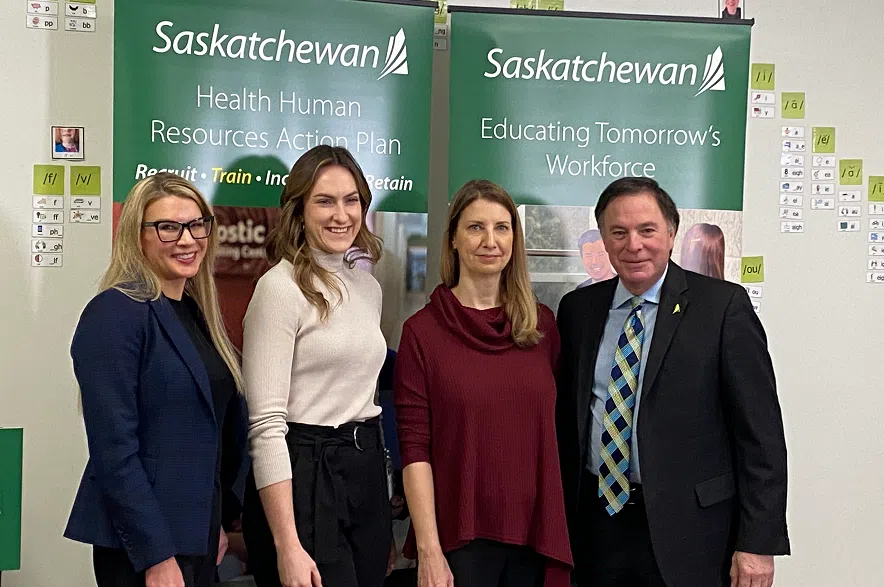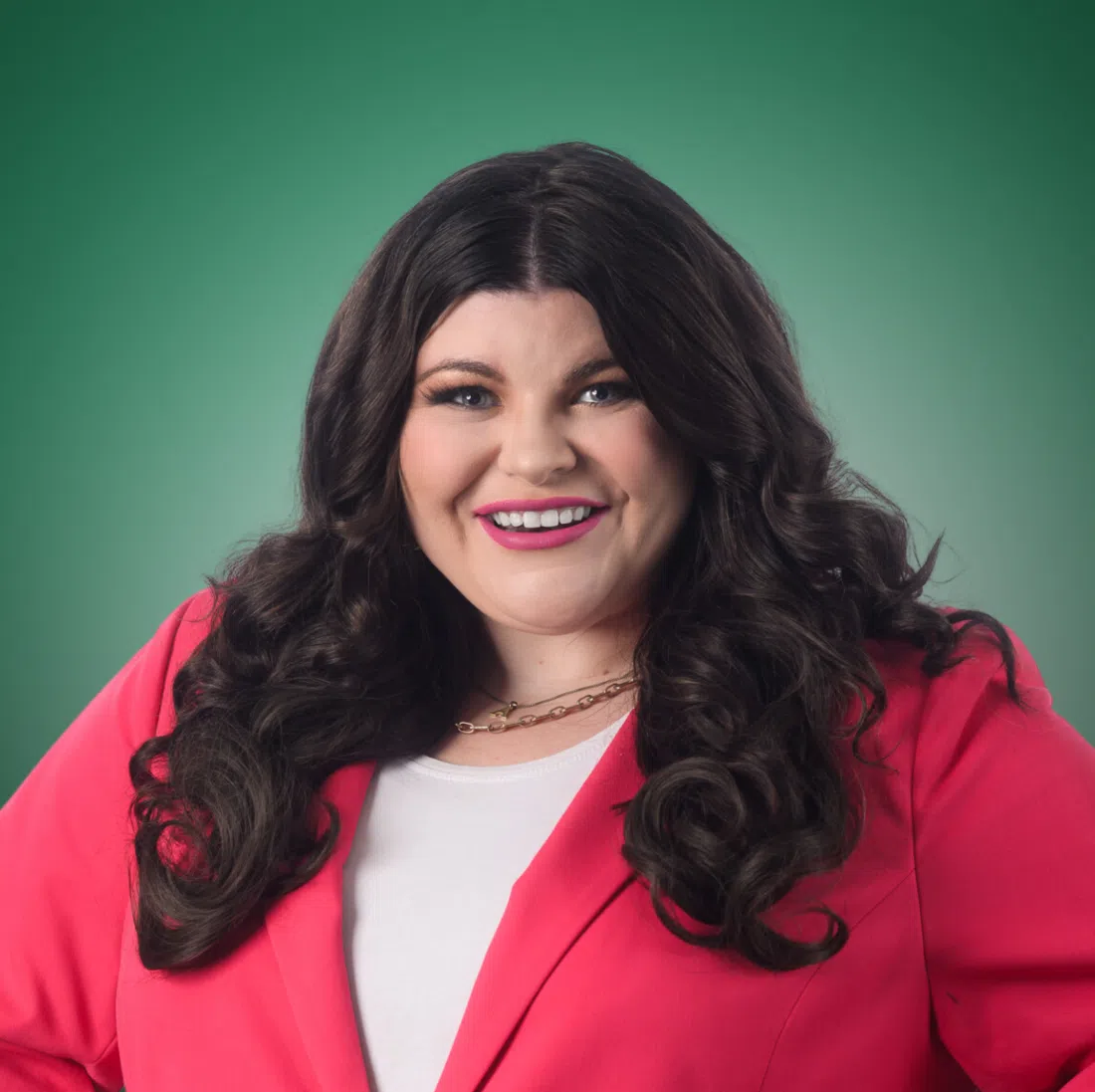The Saskatchewan government is offering students a chance to study outside the province in hopes they’ll come back to fill health-care gaps.
It’s an existing program through which the province pays for a place in a health training course offered at a post-secondary institution largely in B.C. and Alberta but isn’t offered in Saskatchewan.
In 2023, the government is investing $5 million to reserve up to 149 seats in nine programs offered outside the province.
The students get to return home to complete a clinical placement in the hopes that once their training is complete, the Saskatchewan students will return to work here.
Advanced Education Minister Gordon Wyant said the program will help fill gaps in the province’s workforce.
“We provide the clinical placements for the students to come back to be able to do their clinical work in Saskatchewan, so in terms of the interprovincial agreements that we currently have in other areas, we find the return rate to be very, very high for students to return to Saskatchewan to work here in Saskatchewan,” Wyant said.
The shortage of health-care professionals in the province has led to warnings from unions about burnout and has been one of the causes of growing diagnostic and surgical waitlists.
The government launched the Health Human Resources Action Plan in hopes of adding 1,000 health-care professionals to the workforce. In a media release Tuesday, it said the agreements with other provinces to provide training seats are vital to the action plan.
There are several programs available under the plan, including cardiovascular perfusion, diagnostic medical sonography, electroneurophysiology, magnetic resonance imaging, nuclear medicine technology, occupational therapy, prosthetics and orthotics, and respiratory therapy.
The newest addition to the list is speech language pathology, which will now have up to 15 seats reserved for students.
Katelin Peters occupied one of the out-of-province seats paid for by the government and is now working as a speech pathologist.
“My time studying at the University of Alberta helped prepare me for a meaningful career right here in Saskatchewan,” said Peters, a recent graduate of the speech language pathology program.
“Having seats reserved in specialized health-care programs means more students will have the opportunity that I did to train for a career that supports patients across Saskatchewan and the health-care system as a whole.”
As of now, Saskatchewan currently offers 23 in-province training programs to around 8,900 students every year. With demand growing for certain programs that aren’t currently offered here, the government is considering bringing some of these outsourced programs to the province later on down the line.
Students who enrol in the programs will be given the opportunity to apply for some financial support to help fund their education and connect them with careers in the Saskatchewan health system. Those include clinical placement bursaries, return-in-service bursaries, the graduate retention program, and Saskatchewan Student Aid.











